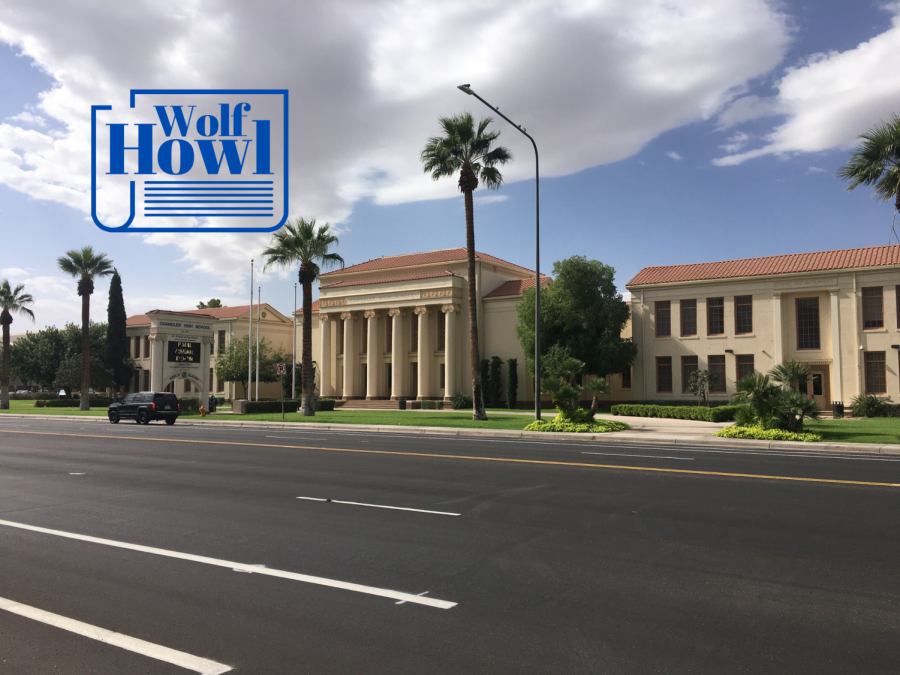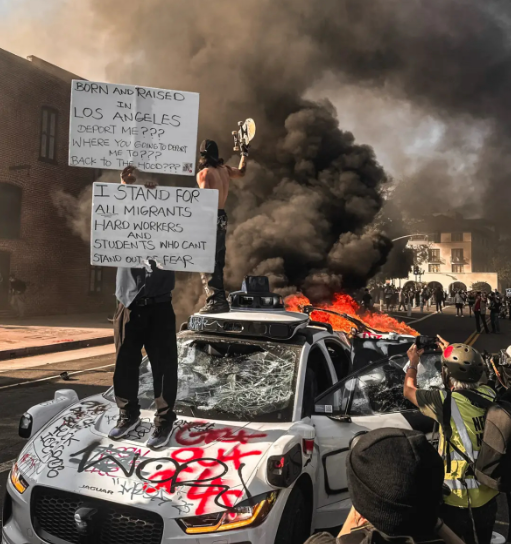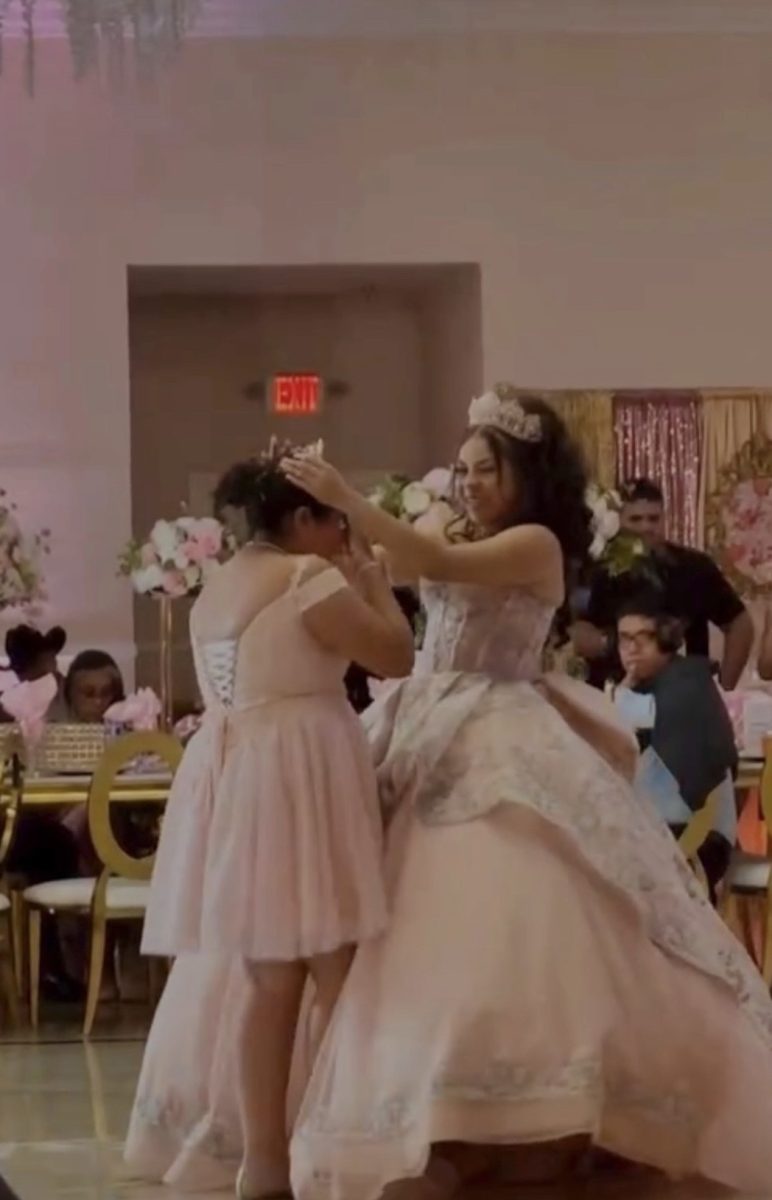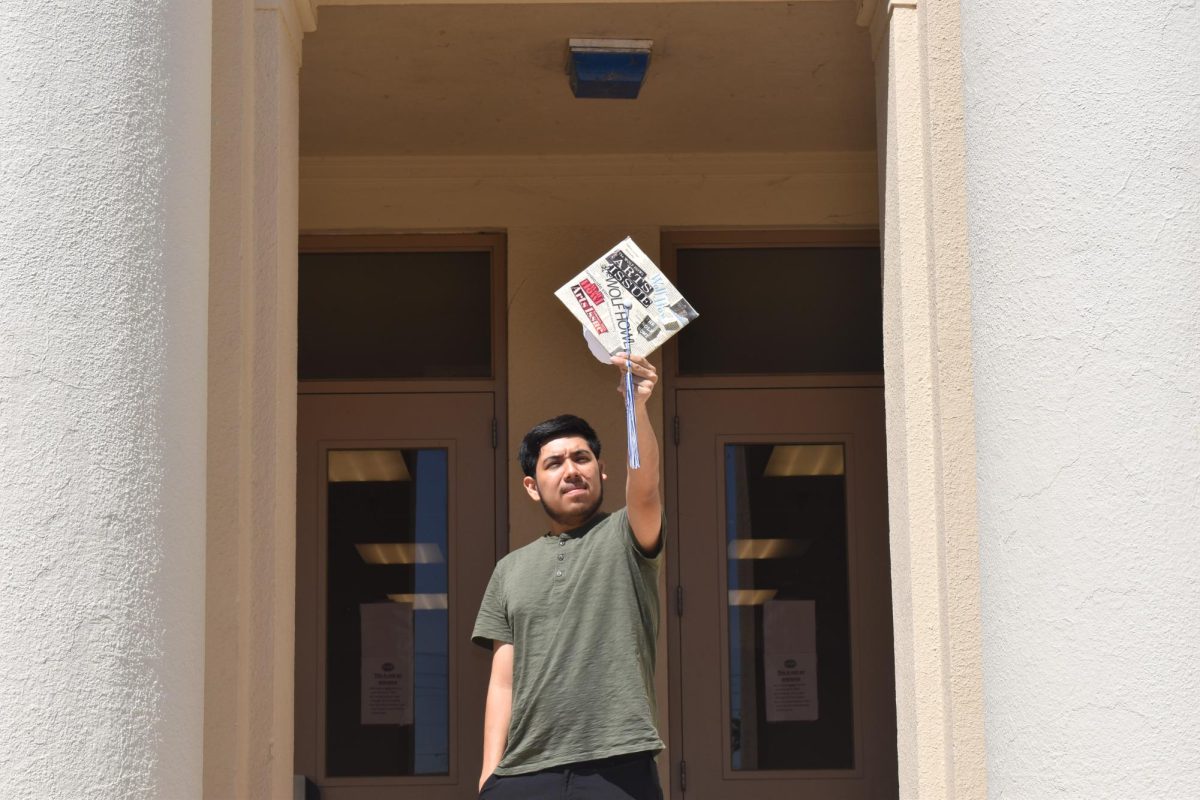On Monday, November 13, the Supreme Court adopted an ethics code for the first time. Its lack of an ethics code had become a growing source of controversy recently, especially when judges in the lower federal courts are bound by one. But what incited the public to demand the Supreme Court have a code of conduct?
There have been many cases involving the Supreme Court justices to promote this. For example, Justice Clarence Thomas accepted gifts and luxury travel from Harlan Crow, a GOP megadonor, for years without disclosing it as is required by federal law. Crow even paid for Thomas’ grand-nephew’s private school tuition. Thomas received “benefits… from a broader cohort of wealthy and powerful friends”- some of whom had business before the court (New York Times). Justice Neil Gorsuch sold real estate to the head of a law firm with business before the court. This transaction took place in 2017, just days after he was sworn in as a justice (Politico). A report from Associated Press reporter Bryan Slodysko found that Justice Sonia Sotomayor’s staff has “prodded public institutions where the justice was speaking to buy copies of her books. She has actually earned about $3.7 million from selling her books. According to Slodysko, this gave the appearance of an ethical conflict as “the liberal-leaning justice appeared to forcefully [leverage] publicly sponsored travel to boost book sales.” Justice Samuel Alito took an extravagant fishing trip with billionaire Paul Singer, whose hedge fund has had business before the court several times, without disclosing it. Additionally, the New York Times reported that a conservative activist knew the ruling in 2014’s Burwell v. Hobby Lobby in November, even though it wasn’t announced until June 30 of the next year, after donors of his had dinner with Justice Samuel Alito.
Supreme Court justices’ appearances at public colleges and universities, who use these events to generate donations, frequently result in them socializing with partisan politicians and donors who may have business before the court. But the justices had previously defended their lack of an ethics code by affirming that they voluntarily followed the one for lower federal judges, along with denying any ethical improprieties.
The new ethics code “lays out a series of guidelines that justices should follow, saying they should maintain and observe high standards of conduct in order to preserve the integrity and independence of the federal judiciary, including by avoiding conflicts of interest and recusing themselves from cases if necessary” (Forbes). However, legal experts and judicial ethics advocates say that the code of ethics doesn’t go far enough, primarily because it does not have a way to enforce the code and impose consequences if the justices don’t follow it. A legal group, the People’s Parity Project, called it “nothing more than a symbolic gesture aimed at quieting the ever-growing concerns surrounding the unethical behavior of the justices.”(NBC News) Without any factors to make it binding, many wonder whether the Supreme Court justices will actually keep to the expectations found in the ethics code.
But overall, just as CHS American Government teacher Mr. Mark Browning expressed, “we should hold all of our civil servants up to… an ethical standard.” By doing this we avoid the risk of corruption while ensuring that our legal system continues fulfilling its purpose and remains just.
























